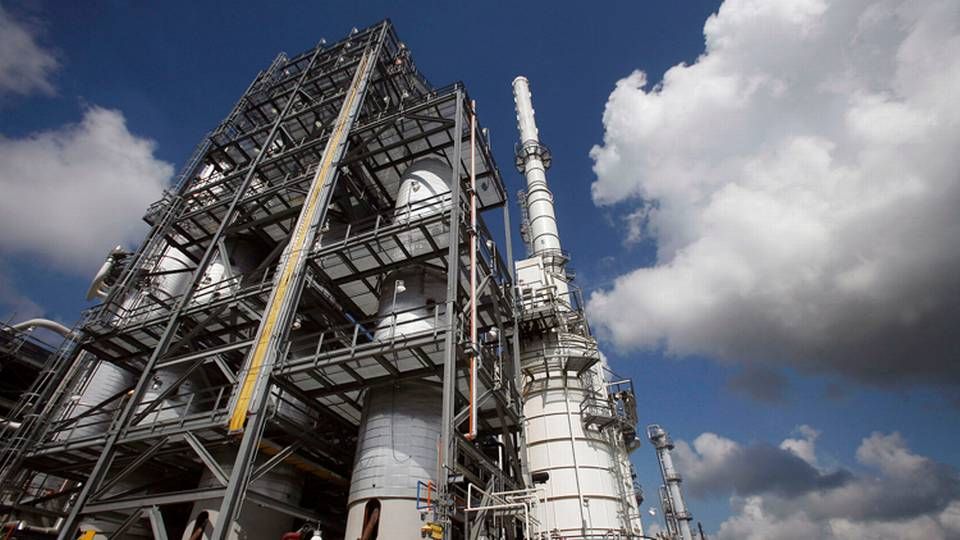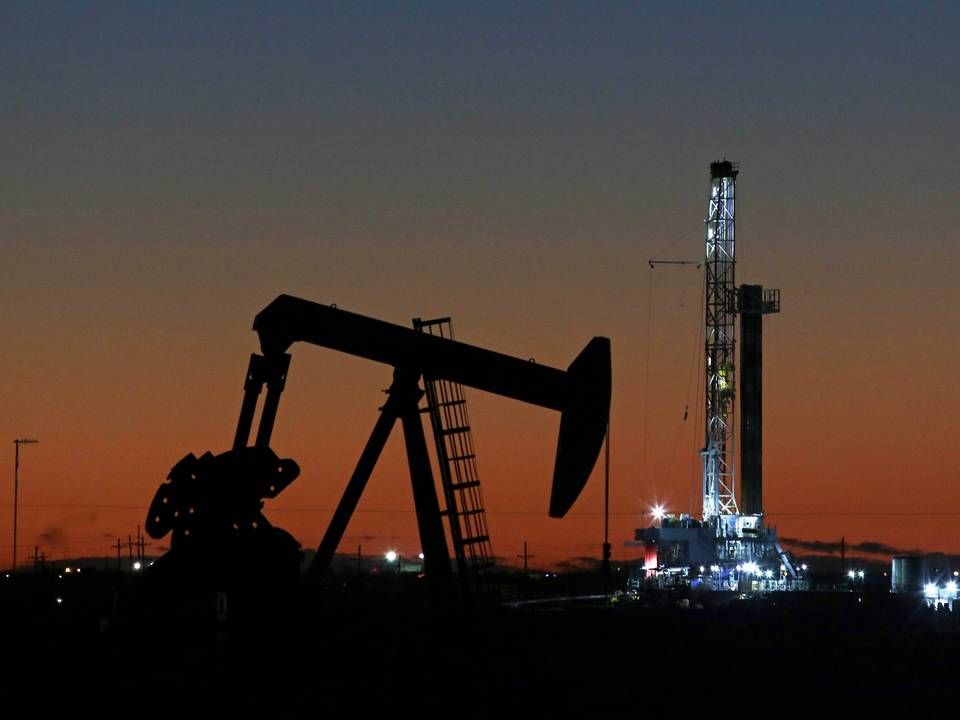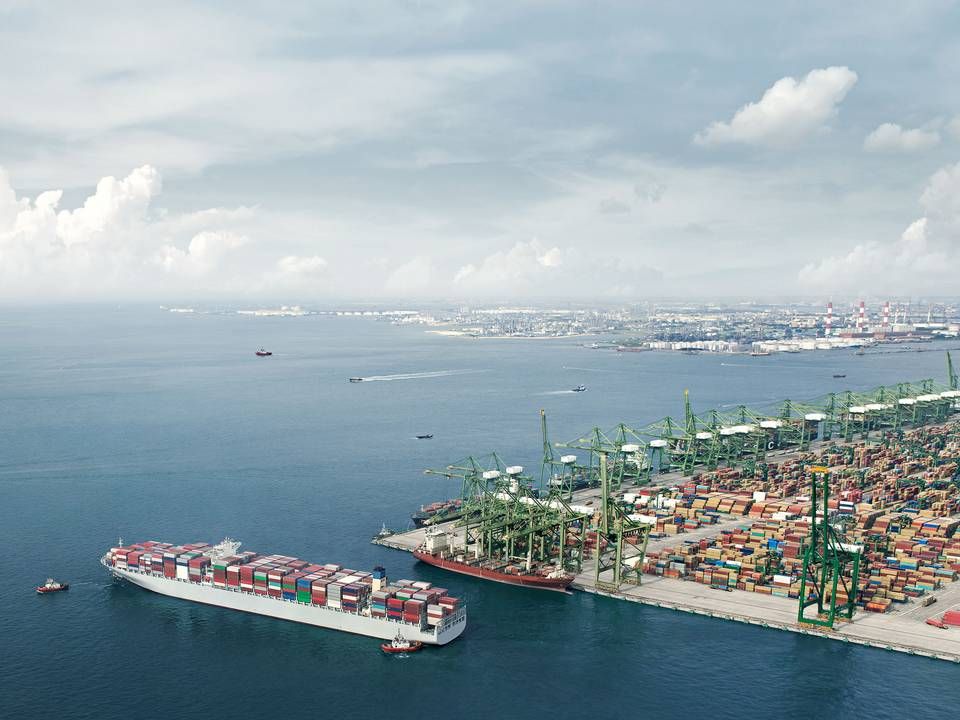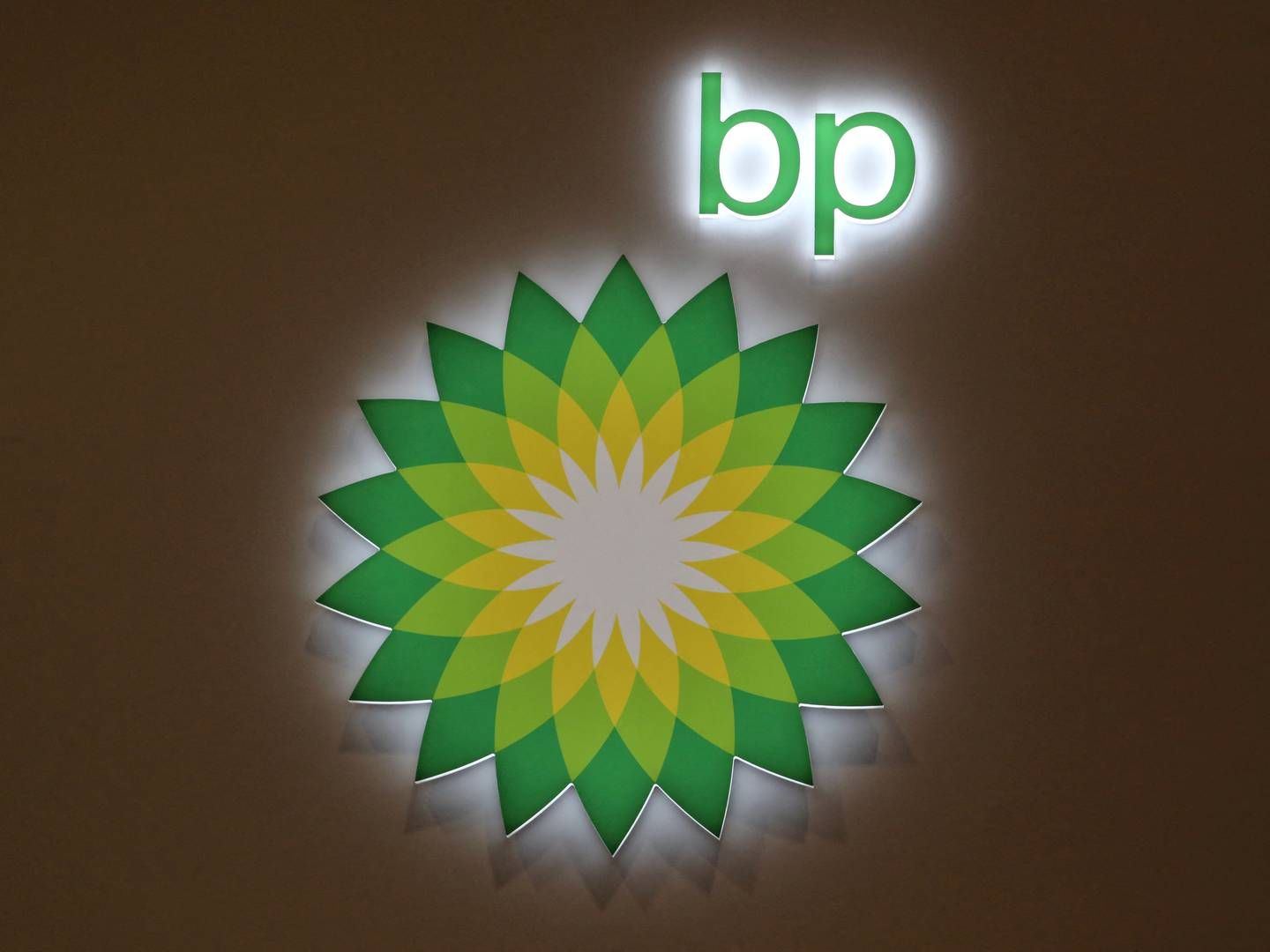Dirty fuel clampdown risks nosedive for Middle East crude

The discount of Middle East’s Dubai crude to London’s Brent could widen beyond USD 8 a barrel from current levels around USD 4, according to Citigroup Inc. That would be the largest discount on record in data back to 2006, according to PVM Oil Associates. The spread is growing even as physical demand for Gulf grades rises as buyers try to replace barrels lost to Iranian sanctions.
The plunging prices underscore the effect on oil markets from a maritime regulation that will force vessels ranging from leisure yachts to 300,000-ton supertankers to burn less polluting fuel from January. The shift will hurt countries like Saudi Arabia and Iraq that produce high-sulfur, known as sour in industry parlance, while boosting the value of cleaner oils produced across Africa and Europe. But it will also create opportunities for fatter profit margins for the world’s most powerful refineries, like those in India and the US Gulf Coast.
“We expect Middle East oil to trade at larger discount to sweet crude as it tends to yield more high-sulfur fuel oil, a grade that’ll be hit by steeply-falling demand in the fourth quarter of this year,” says Nevyn Nah, an analyst with Energy Aspects. “We see the Brent versus Dubai price widening in that quarter.”
Sulfuric Acid
Crude grades from the Middle East tend to have higher levels of harmful sulfuric acid than oil from the North Sea, Africa or West Texas. Regulators for decades have required refineries strip out sulfur from highway fuel, making it more difficult to process Middle East crude and forcing sellers to discount its prices.
The International Maritime Organization will add to that pressure Jan. 1, putting into effect regulations approved in 2016 that require the use of marine fuel with 0.5 percent sulfur content or less, a change from current levels of more than 3 percent.
In the months leading up to 2020, the relative value of Dubai oil is set to dip as it’s “virtually impossible” to obtain ship fuel with under 0.5 percent sulfur from processing high-sulfur crude, according to Francesco Martoccia, senior analyst for commodities research team at Citigroup.
Processors looking to make IMO 2020-compliant fuel need to invest in more sulfur-stripping units known as hydrotreaters, or increase purchases of sweet crude, lifting the price of North Sea and African grades. Highly complex refineries that can produce compliant fuel from pollutant-rich crudes, such as Reliance Industries Ltd.’s Jamnagar plant and many US Gulf Coast refiners, stand to benefit.
Short vs Long-Term
The dire outlook for Middle East grades stands in contrast to a current supply squeeze, as output curbs by OPEC and its allies are compounded by tougher US sanctions on Iran and Venezuela and an unexpected contamination in Russia. Prompt deliveries of Dubai are more than USD 1 a barrel more expensive than cargoes for next month, the steepest backwardation in at least 22 months, which signals the strength of the near-term market.
Tougher ship-fuel standards are set to have a longer-lasting effect on the quality of oil that is in demand, the type of fuel that refiners will seek to produce as well as the volume of crude that will be refined, analysts say. Producers in Saudi Arabia, Iraq, Iran and Kuwait currently sell their crude on monthly-released official prices that are set against Dubai and Oman crude prices.
“The potential for a further tightening of sour crudes supply in the short term due to Iranian waivers is coming to an end,” said Citigroup’s Martoccia. “Subsequently, the global refining system will shift its crude intakes towards lighter slates as we approach the IMO 2020 start date.”
US oil inventory surge suppresses prices
Related articles
US oil inventory surge suppresses prices
For subscribers
Oil inventories surprisingly grew last week
For subscribers
ExxonMobil to grow as direct marine fuel supplier
For subscribers


















.jpg&w=384&q=75)






